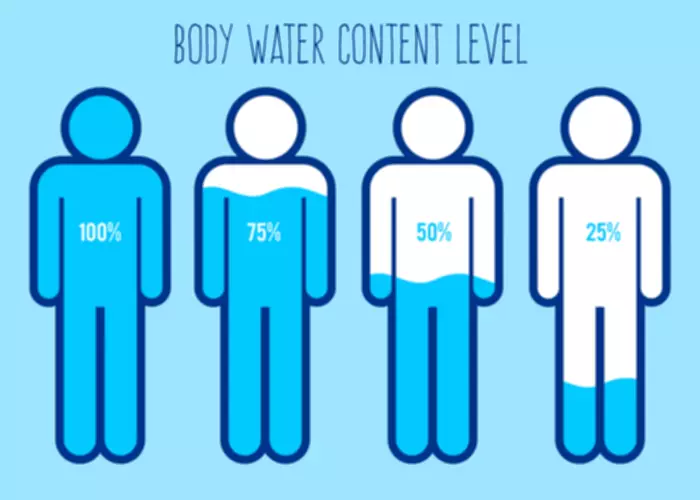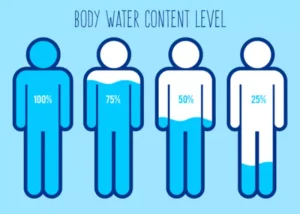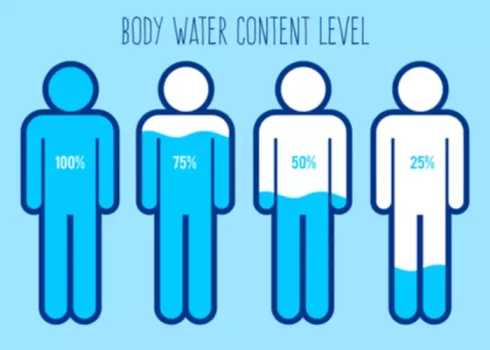
Jaundice occurs when the liver is unable to effectively process bilirubin, a yellow pigment produced during the breakdown of red blood cells. Many people mistakenly believe that alcohol can alleviate symptoms of depression and anxiety. While alcohol initially changes the way brain cells signal to each other, creating a temporary sense of relaxation, this effect is i like being drunk short-lived.
- Contact our skilled addiction and mental health professionals at Emerge Healing Center to learn more about our treatment and program options.
- You’ll meet millions of fellow Reframers in our 24/7 Forum chat and daily Zoom check-in meetings.
- If you have questions or are ready to start your recovery journey, we’re here to help.
- Continuing to drink when already feeling drunk can increase a person’s risk of complications.
Emotional Impact of Alcohol
If you see any of these signs, it’s important to get the person’s help right away. If you’re out at a bar or party, it’s important to be able to tell when someone has had too much to drink. First, they may be slurring their words or having trouble speaking. Second, they may be having trouble walking or standing up straight. So while it’s possible to stop drinking suddenly, it’s important to be aware of the risks involved before making this decision.

Effects of Alcohol Consumption
Many people enjoy drinking in social settings, where the atmosphere can enhance feelings of happiness and reduce social anxiety. Alcohol acts as a disinhibitor, Substance abuse making individuals feel more relaxed and open in social interactions. The duration of drunkenness varies based on several factors, including body size, age, biological sex, and overall health. After consuming alcohol, it typically takes 15 to 45 minutes to feel its full effects. The liver metabolizes alcohol at a rate of about one unit per hour, which is roughly equivalent to 10 milliliters (ml) or 8 grams of alcohol. Alcohol abuse and binge drinking are common, and they put many people at risk of alcohol poisoning, alcohol addiction, and chronic alcohol-related health problems.
- It should not be used in place of the advice of your physician or other qualified healthcare providers.
- Alcohol consumption can have a significant impact on emotions and mood.
- It is important to note that not everyone who consumes alcohol will experience alcohol-related brain damage, but heavy and chronic alcohol use increases the risk.
- One of the most significant physical signs of alcoholism is the impact on the liver and overall health.
- Long-term alcohol use can have detrimental effects on emotions.
Death (BAC: 0.45% or above)

As a result, individuals may engage in risky behaviors, such as driving under the influence or making poor financial decisions. Critical slowing of body functions occurs, leading to a life-threatening situation. Delaying emergency care increases the risk of serious health issues, including death. If uncertain about whether a person’s alcohol consumption is an emergency, err on the side of caution.
Simultaneously, it inhibits glutamate, which has excitatory effects, further contributing to the depressant effects of alcohol. Excessive drinking can lead to alcohol poisoning, a serious and potentially life-threatening condition. Symptoms of alcohol poisoning include confusion, vomiting, seizures, slow breathing, and unconsciousness.

But how can this small thing cause such a profound effect on our bodies? Despite how many people drink, very few know the specifics of what happens to the brain while drunk. Severe alcohol consumption can also impair the immune system, increasing the risk of infections and the development of skin sores, known as abscesses. Alcohol dries the skin and weakens the body’s defense against pathogens, making it more susceptible to infections. These sores can be painful and may require medical attention 3. Alcohol consumption can have various effects on individuals, ranging from altered perception to physical dangers.
- Initially, individuals may feel happy and relaxed, but as intoxication increases, these positive emotions can quickly turn into irritability, sadness, or anger.
- This is because alcohol dilates blood vessels, which causes blood to flow closer to the skin’s surface.
- Individual differences such as genetics, mental health, and tolerance levels can significantly influence how alcohol affects a person.
- Psychedelic-based therapies, for instance, show promise in helping individuals rewire neural pathways, reduce cravings, and process underlying emotional pain.
- The confusion stage of intoxication occurs when someone reaches a BAC of 0.18 to 0.30.
- One of the most noticeable physical effects of being drunk is the loss of coordination.
- This duality—alcohol as both celebration and sorrow—feels universal.
